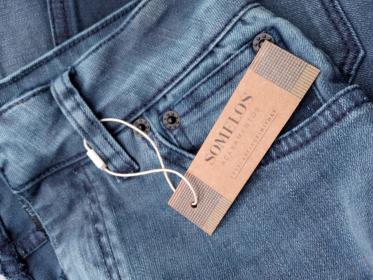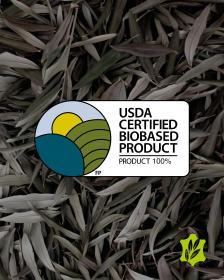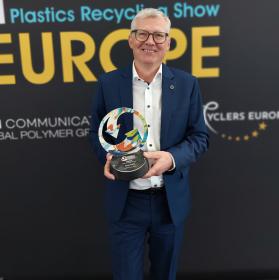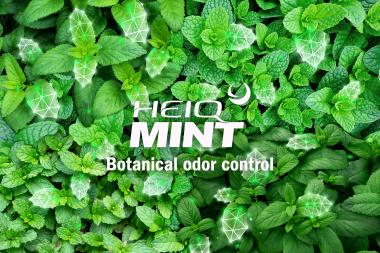Lenzing's Indonesian site turns into a supplier of specialty viscose fibers
The Lenzing Group, a leading provider of specialty fibers for the textile and nonwoven industries, has made significant technical improvements to its Purwakarta site (PT. South Pacific Viscose). Lenzing has invested more than EUR 100 million since 2021 to convert existing production capacity to specialty viscose. With the imminent completion of the investment, Lenzing is in a better position to serve the strongly growing demand for specialty fibers.
Lenzing is striving for certification according to the standard of the internationally recognized EU Ecolabel1. The product portfolio would thus include LENZING™ ECOVERO™ branded fibers for textiles and VEOCEL™ branded fibers for nonwoven applications. In the course of these substantial investments, Lenzing has set the goal of significantly reducing emissions at the site. Moreover, the site started to obtain renewable grid electricity and promotes a changeover to biomass in line with Lenzing's goals of reducing carbon emissions per ton of product by 50 percent by 2030 and achieving carbon-neutral production by 2050.
“Demand for specialty fibers with low environmental impacts continues to grow structurally. We see enormous growth potential in Asia in particular. Through our investments in Indonesia and also at other Lenzing sites worldwide, we are in a better position to serve this growing demand. At the same time, we continue working tirelessly to make the industries in which we operate even more sustainable and to drive the transformation of the textile business model from linear to circular,” says Stephan Sielaff, Chief Executive Officer of the Lenzing Group.
Lenzing AG































